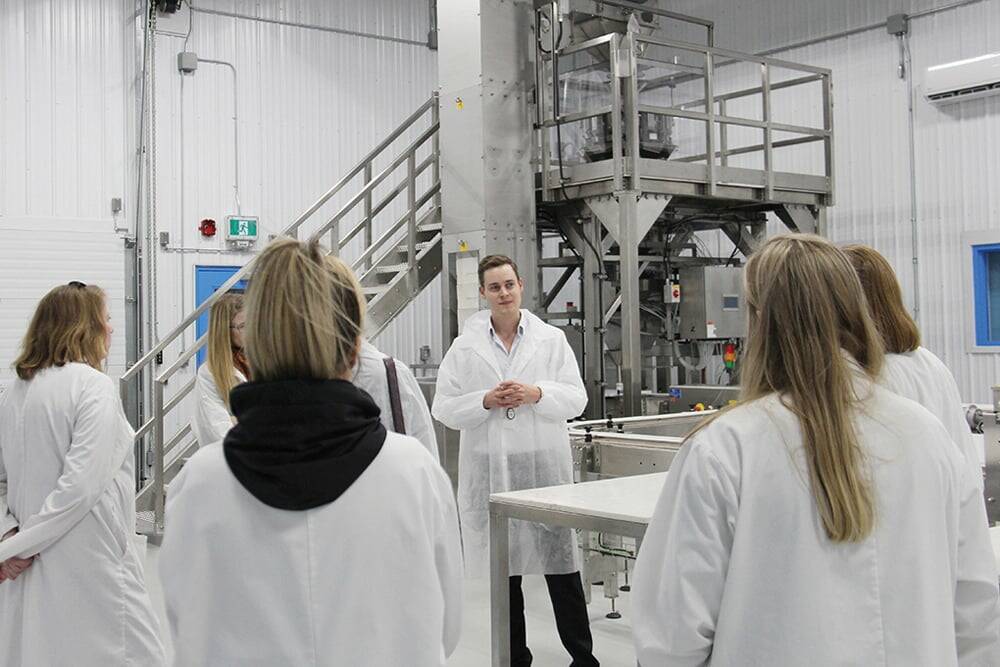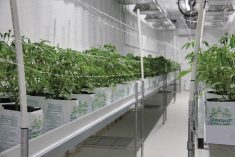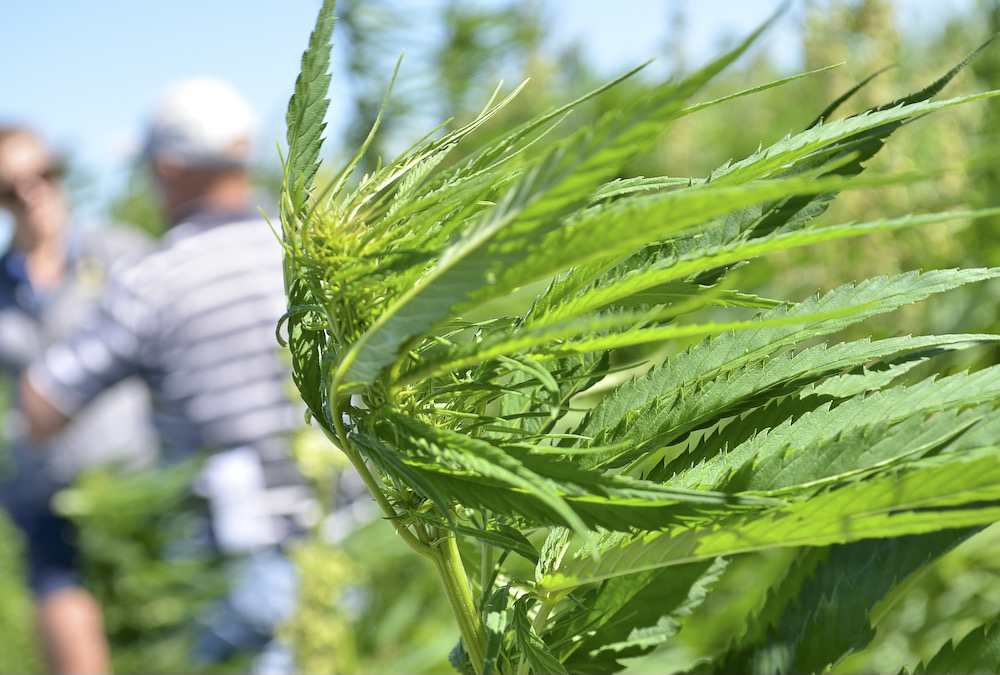Winnipeg-based cannabis grower and distributor Delta 9 has filed for creditor protection, the company announced on July 15.
“Following consultation with its legal and financial advisors, the board of directors of Delta 9 determined that it is in the best interest of the Company and its Subsidiaries to obtain CCAA (Companies’ Creditors Arrangement Act) protection,” the company said.
The decision was based on the company’s cash and liquidity position, amount of debt and ability to repay the debt over the next 12 months, including paying suppliers and trade creditors, Delta 9 said.
Read Also

Flour production slumps in the U.S., increases in Canada
U.S. flour production in 2025 was the lowest in 14 years.
“Aggressive actions” from creditors, specifically SNDL Inc., were a key part of the decision, it added.
The Winnipeg Free Press cited Delta 9 CEO John Arbuthnot as saying that the company was not bankrupt and will continue to operate normally.
The company also announced it had entered an agreement with the FIKA Company, a Toronto-based cannabis retailer, in which the FIKA Company proposes to acquire Delta 9’s retail stores and logistics and distribution business, “while facilitating a sale and investment solicitation process for the assets of (Delta 9’s) licensed cannabis production business.”
At the end of March, Delta 9 owned 41 retail locations across Western Canada, according to financial documents.
Delta 9 said the initial order for creditor protection provides a ten-day stay of creditor claims and proceedings.
According financial reports, Delta 9 has struggled to make a profit over the past two years, with its adjusted EBITDA (earnings before interest, taxes, depreciation, and amortization) in the negative from Q1 of 2022 to the end of Q1 2023.
In January of 2023, Delta 9 announced it would lay off approximately 40 employees and reduce its cultivation capacity by about 40 per cent. The board and executive also took a pay cut, Delta 9 said.
At the time, Cannabis Council of Canada president and CEO George Smitherman described the environment in the cannabis sector as one of stiff competition and compressed prices.
“The regulated cannabis environment has been successful as a matter of public policy in many ways, but it has not been very economically successful,” Smitherman told the Co-operator. “Companies large and small are threatened by viability.”
The sector has seen “extreme price reduction” since legalization, Smitherman said.


















